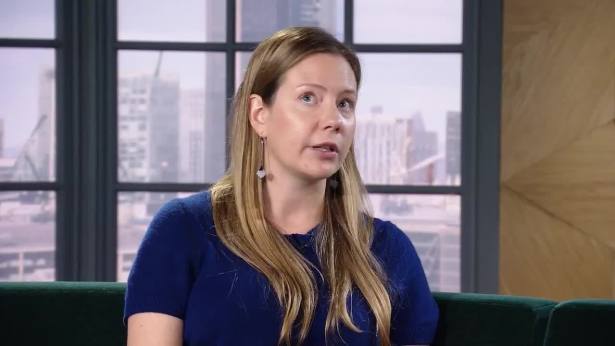
There have been significant inflows into dividend paying alternative assets in recent years, but the dividends may not survive the current market turmoil, according to Adrian Lowcock, head of personal investment at Willis Owen.
He noted that the recent market rout has meant that many of the traditional sources of income, such as bank and oil company shares, are no longer reliable, but cautioned that alternative investments with focus on income may also be vulnerable to dividend cuts.
Mr Lowcock said: “The crisis has wiped GDP out for a quarter and is resulting in huge dividend cuts for many companies.
"Infrastructure businesses which depend on income from the government should fare better than other sectors, but in the short term they may just err on the side of caution.
"Although given the income is a big part of investing in real assets I wouldn’t expect this decision to be taken lightly.”
Mike Coop, investment manager at Morningstar, said the challenge for investors looking to gather income from investing in alternative assets is that “not all assets that are called alternative investments are uncorrelated with wider markets.
"Many of them still carry equity market risk, while other alternative income products are basically debt instruments and so are exposed to the risks there.
"Then there is the problem of liquidity: when you have a crisis on the scale we just have, investors just want cash, and many alternative assets are not liquid.”
Many alternative income investments are owned by investment trusts that invest in assets such as infrastructure or student property.
Those trusts have traded at large premiums to their net asset value in recent years, meaning investors have paid more for the shares of the company than the underlying assets are worth on paper.
Mr Coop said a problem advisers should be wary of is the fact that many of the underlying assets in an alternative fund are illiquid, and so do not trade daily.
This means the true scale of any losses only becomes apparent in the future, rather than immediately, while the losses incurred on a listed investment become apparent immediately.
david.thorpe@ft.com







